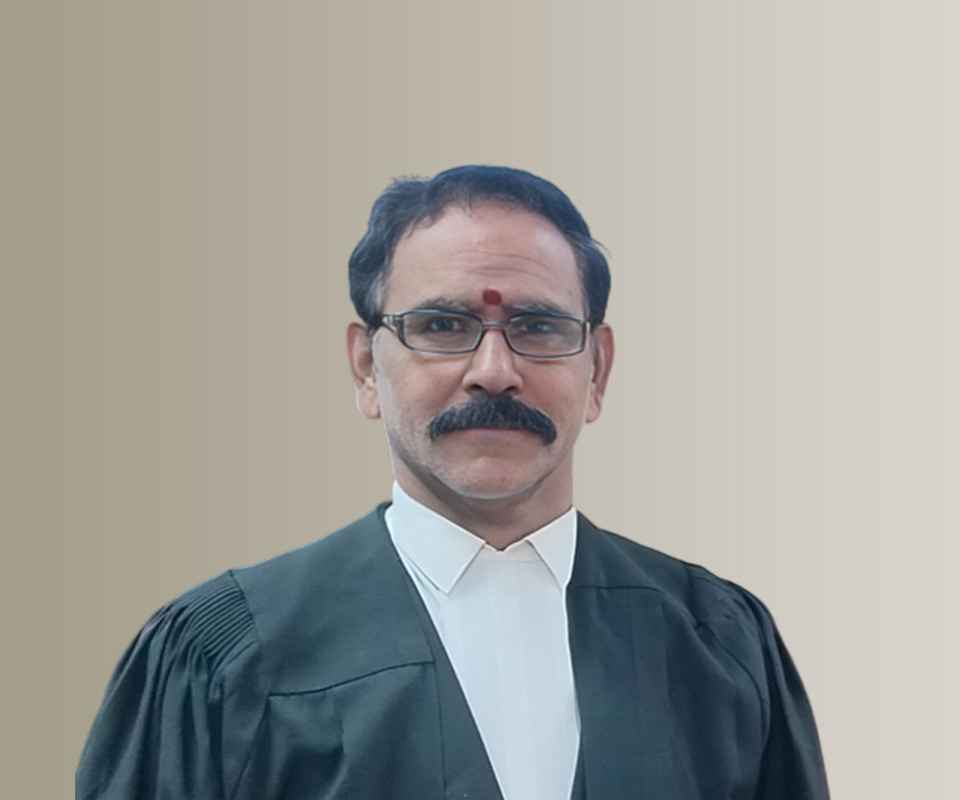Answer By law4u team
A wrongful death lawsuit is a civil legal claim brought when someone’s death is caused by the negligence, recklessness, or intentional misconduct of another party. The key distinction between a wrongful death lawsuit and criminal homicide charges lies in the legal nature of the cases, the parties involved, and the potential consequences for the defendant. While a wrongful death case seeks financial compensation for the victim’s family or heirs, criminal homicide charges aim to determine criminal liability and impose punishments such as imprisonment.
Wrongful Death Lawsuit vs. Criminal Homicide Charges
Legal Framework:
Wrongful Death Lawsuit: A wrongful death lawsuit is a civil case, meaning it is initiated by the victim’s family members, such as a spouse, children, or parents, who seek damages for the loss of their loved one. It is handled in civil court and focuses on liability and compensation, not punishment.
Criminal Homicide Charges: Criminal homicide charges, on the other hand, are brought by the government or prosecutor in a criminal court. The goal of criminal homicide charges is to determine whether the defendant is criminally liable for the death and, if so, to impose punishment, which can include imprisonment or even the death penalty.
Burden of Proof:
Wrongful Death Lawsuit: In a civil case, the burden of proof is lower. The plaintiff (typically the deceased's family) must prove the defendant’s responsibility for the death by a preponderance of the evidence—meaning the plaintiff’s version of the facts is more likely than not to be true.
Criminal Homicide Charges: In a criminal case, the burden of proof is much higher. The prosecution must prove the defendant’s guilt beyond a reasonable doubt, which is the highest standard of proof in the legal system. The defendant is presumed innocent until proven guilty.
Parties Involved:
Wrongful Death Lawsuit: The lawsuit is brought by the deceased person's survivors, such as family members or estate representatives, who are seeking compensation for financial losses, emotional distress, or loss of companionship.
Criminal Homicide Charges: Criminal charges are filed by the government (prosecutor) against the defendant, who is accused of committing the crime of homicide. The state seeks a conviction and criminal penalties, not compensation for the victims' family.
Types of Claims and Damages in a Wrongful Death Lawsuit:
In a wrongful death lawsuit, the plaintiffs can seek a range of damages including:
- Economic damages: These may cover funeral expenses, medical bills incurred before death, lost wages or potential future earnings of the deceased, and other financial losses.
- Non-economic damages: These include pain and suffering, loss of companionship, emotional distress, and loss of consortium (the impact on the relationship between the deceased and their spouse).
- Punitive damages: In some cases, the court may award punitive damages to punish the defendant for particularly reckless or intentional misconduct and deter future similar behavior.
Outcome and Consequences for the Defendant:
Wrongful Death Lawsuit: If the defendant is found liable in a civil lawsuit, they may be ordered to pay damages to the plaintiff. However, they are not subject to jail time or criminal penalties.
Criminal Homicide Charges: If the defendant is convicted of criminal homicide, the consequences include criminal penalties such as imprisonment, fines, or death (depending on the jurisdiction and the severity of the crime). Even if a defendant is found not guilty in a criminal case, they can still face a wrongful death lawsuit.
Impact of Criminal Case on Civil Case:
A criminal conviction for homicide can make it easier for plaintiffs to win a wrongful death lawsuit, as the criminal court’s finding of guilt may serve as strong evidence of the defendant’s liability in the civil case.
Conversely, a criminal acquittal does not necessarily preclude a wrongful death lawsuit, as the standard of proof is lower in civil court. Therefore, the defendant might be found not guilty in a criminal trial but still held liable for wrongful death in a civil trial.
Examples of Differences in Outcomes:
Criminal Outcome:
If a person is convicted of second-degree murder for intentionally killing someone, they could face 25 years to life in prison, depending on the jurisdiction.
Civil Outcome:
In a wrongful death lawsuit related to the same incident, the deceased's family could be awarded millions of dollars in damages for the loss of their loved one’s income, companionship, and emotional support.
Example:
Scenario: A person, Jane, is killed in a car accident caused by a drunk driver, John, who was speeding and ran a red light. John is arrested and charged with vehicular homicide (criminal case).
Criminal Case: The prosecutor seeks a conviction for vehicular homicide, aiming to impose criminal penalties such as jail time or probation.
Wrongful Death Lawsuit: Simultaneously, Jane’s family files a wrongful death lawsuit against John in civil court, seeking compensation for the loss of Jane’s income, the emotional toll of her death, and funeral expenses.
Criminal Outcome: John is convicted and sentenced to 5 years in prison for vehicular homicide.
Civil Outcome: In civil court, Jane’s family is awarded $2 million in damages, despite the criminal case, because the burden of proof in a civil case is lower than in a criminal case.
Conclusion:
A wrongful death lawsuit is a civil case that seeks financial compensation for the survivors of a deceased person who was killed due to someone else's negligence, recklessness, or intentional wrongdoing. Unlike criminal homicide charges, which are prosecuted by the state with the aim of determining criminal liability and imposing punishment, a wrongful death case seeks to provide damages for the victim's family. The key distinctions between the two include the burden of proof, the parties involved, and the legal consequences. While a wrongful death lawsuit can result in compensation, it does not carry criminal penalties, which are the focus of homicide charges.







